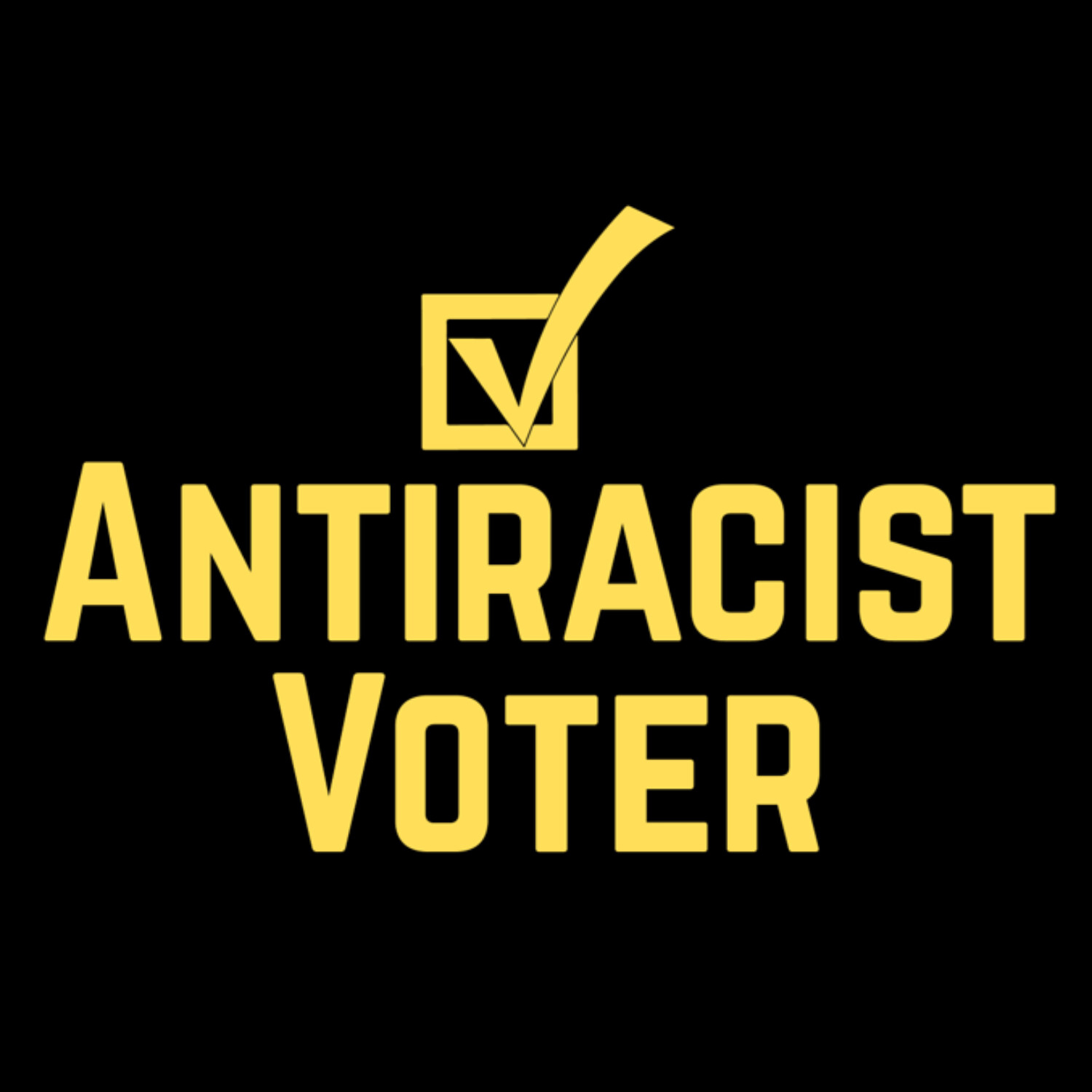How Do You Dismantle Systemic Racism?
Description
The time to act on systemic racism is now. The stakes are high.
Do you know what to do to achieve racial equality in the United States? Most of us don’t. I don’t.
But I want to know how. And I want to act. But what are the solutions?
There’s a saying in the recovery movement. You’re only as sick as your secrets. The United States has kept systemic racism a secret for too long.
It’s time to talk about our shared national shame.
More importantly, it’s time to do something about it.
The levers of power rest mostly in the hands of white folks. So, it’s up to us. We must get engaged and stay engaged in the struggle for equality.
Let’s be clear. I’m not going to get this conversation right. I’ll have the wrong words, tone, or timing. You can be sure that I’m going to say something stupid. I’m even worried that this post is virtue signaling.
But this isn’t about me.
This is about the original sin of the US constitution. It’s about the continuing harm that began with ripping people from their homeland to become slaves in our land – in my land. It’s about the privilege I swim in, unaware. It’s about the perpetuation of discrimination, white fragility, and racism, both large and small. This is about justice, not the kind that seeks retribution, but the capital-J Justice that lifts all lives up to see one another as children of God.
This is about doing better.
Moral Outrage is the Easy Part
I am outraged about systemic racism. As a Minnesotan, I feel shame and embarrassment at the racial gaps in our state.
According to the US Census Bureau, in Minnesota,
- White households make nearly twice as much income per year ($73,027) compared to black households ($36,849).
- 27.2% of black Minnesota residents are below the poverty line, compared to only 7.4% of white Minnesotans.
According to the Minnesota Department of Employment and Economic Development,
- In 2019, unemployment among white Minnesotans was 3%, compared to 5.5% of black residents.
- Since March 2020, 21.1% of those filing for unemployment were white, while 40.6% were black.
If you aren’t outraged by this, you aren’t paying attention.
But here’s the problem with outrage. Constant outrage leaves us feeling powerless, hopeless, and cynical. It deprives us of the energy we need to create real and lasting change.
Moral outrage is the easy part. It’s the cheap parlor trick. But when you add moral courage, it sparks your moral imagination, which becomes a moral compass that guides a movement.
There is a better way. When we move beyond talking about problems and explore solutions, we have hope. It lifts us up. We are energized to make a difference.
Here is My Commitment
First, I am educating myself. It is not the job of my friends to teach me about the harm of structural racism. That’s my job.
Second, I’m using my privilege to amplify the voices of Black, Indigenous, and People of Color (BIPOC). Again, this isn’t about me.
Starting this week, I am launching a third podcast and website, Antiracist Voter. You can find it at AntiRacistVoter.com
The purpose of Antiracist Voter is to help us all to vote as if Black Lives Matter. We provide resources and information to help us all to do better.
Between now and the 2020 elections, we are talking about:
- The racial achievement gaps, especially in Minnesota.
- Causes of those gaps.
- Solutions.
- Legislation to implement those solutions.
- Who is supporting these solutions at every level of power?
We talk about solutions. Who is getting it right? We cover criminal justice, economic justice, environmental justice, education, housing, health, voting rights, and more.
You can find out more at AntiRacistVoter.com, or your favorite podcast app.





